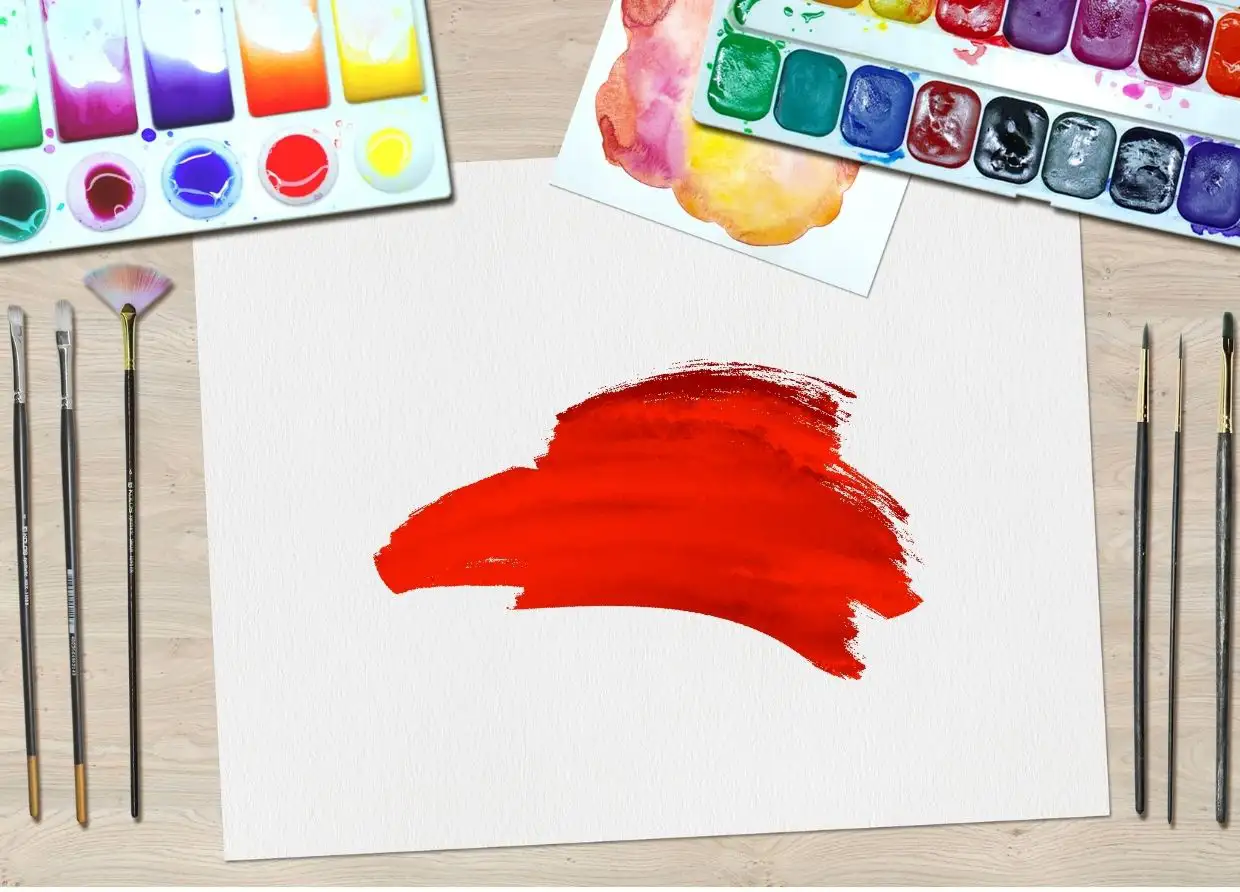SOCIAL MEDIA DOES NOT AFFECT TEEN'S MENTAL HEALTH
A new study did not find any correlation between the increase in social media usage and teens' mental wellbeing.

A recent study published in Technology, Mind, and Behavior concludes that higher use of social media is not related to the decrease of mental health in teenagers.
Contrary to popular’s belief that consuming social media can negatively affect teens’ well-being, there are times that social media can be beneficial.
Rachelle Scott, MD, medical director of mental health at Eden Health said that it’s true that “social media usage can cause one or more of a number of harmful effects, such as depression, low self-esteem, loneliness, peer pressure, anxiety, and, in particular, social anxiety.”
However, the idea is sometimes not backed up with consistent proof as most studies focus on the negative impacts of social media on mental health in teens.
All things are not just bad or good, including social media
The director of Youth, Media & Wellbeing Research Lab at the Wellesley Centers for Women and an author of the study, Linda Charmaraman, said that many teens of their research “showed more problematic social technology behaviors” but these teens “weren’t necessarily the same ones who experienced significant increases in social anxiety, loneliness, and depressive symptoms.”
“There wasn’t a direct relationship between teens’ social technology use and their well-being,” said Charmaraman. “This could mean that teens’ anxiety, depression, and loneliness were less related to their social media use and more to the general stress of the pandemic or other confounding factors.”
According to Charmaraman, the overall effects and experience of the user depend on the context. There are many factors to consider such as how often they are on social media, the content they see, their age and temperament.
Benefits of social media during tough times
Some experts have also highlighted the benefit of social media for mental health, especially during challenging times.
During the COVID pandemic, teens are playing video games and have group chats together when they are at home. Plus, social media also allows people to reach out, interact and bond with others without having to see them in person.
Social media can also play a role in improving teens’ mental health during the pandemic or not. As it can provide a community that ranges from the same interests or hobbies to support groups for minorities or stigmatized conditions that can remind them that they are not alone.
“My research has found that for marginalized groups, in particular, social media can offer a sense of community that may not be available ‘in real life,’” said Charmaraman. “It can also offer valuable opportunities for identity development, as well as activism and civic involvement.”
#THE S MEDIA #Media Milenial #mental health


























